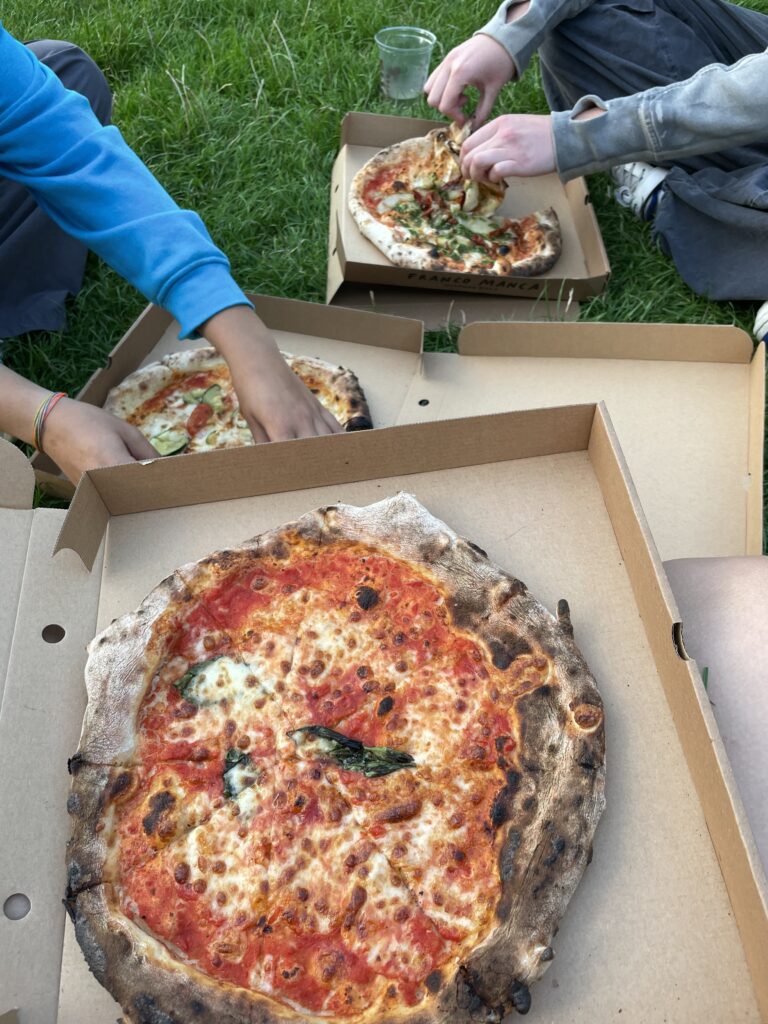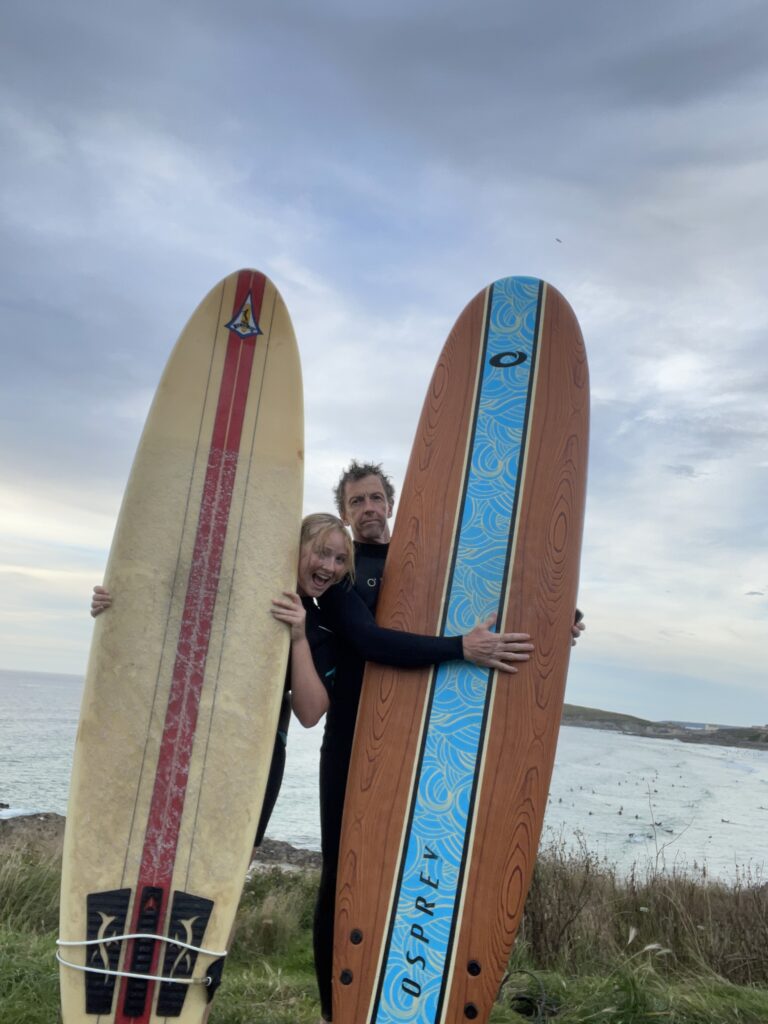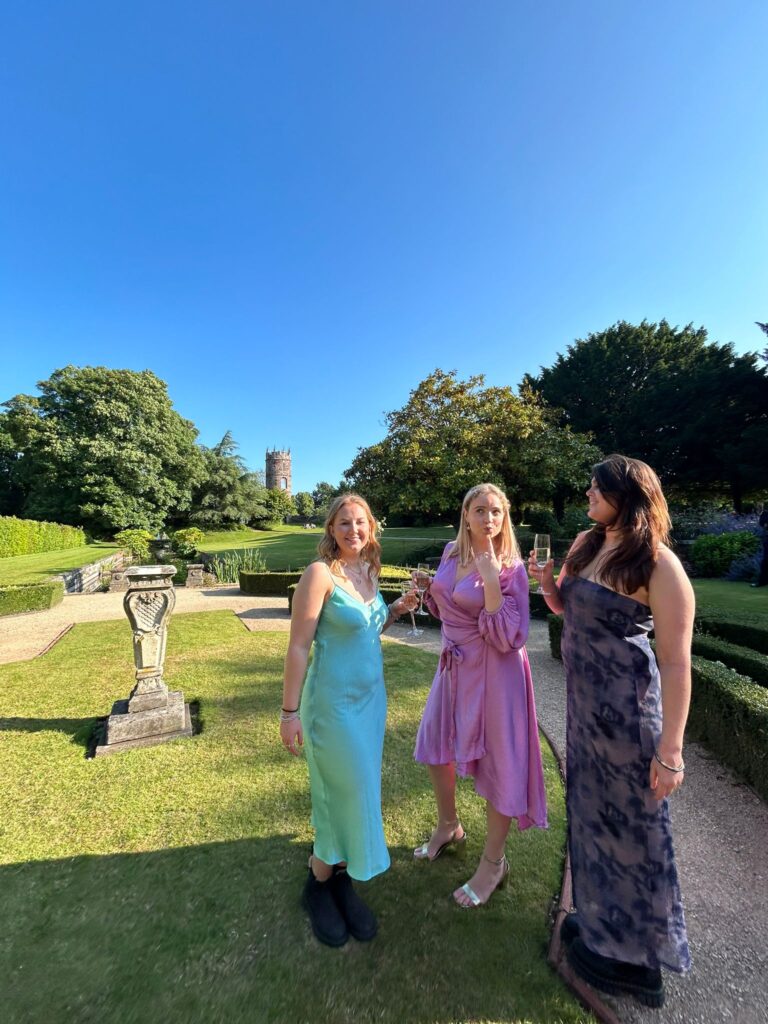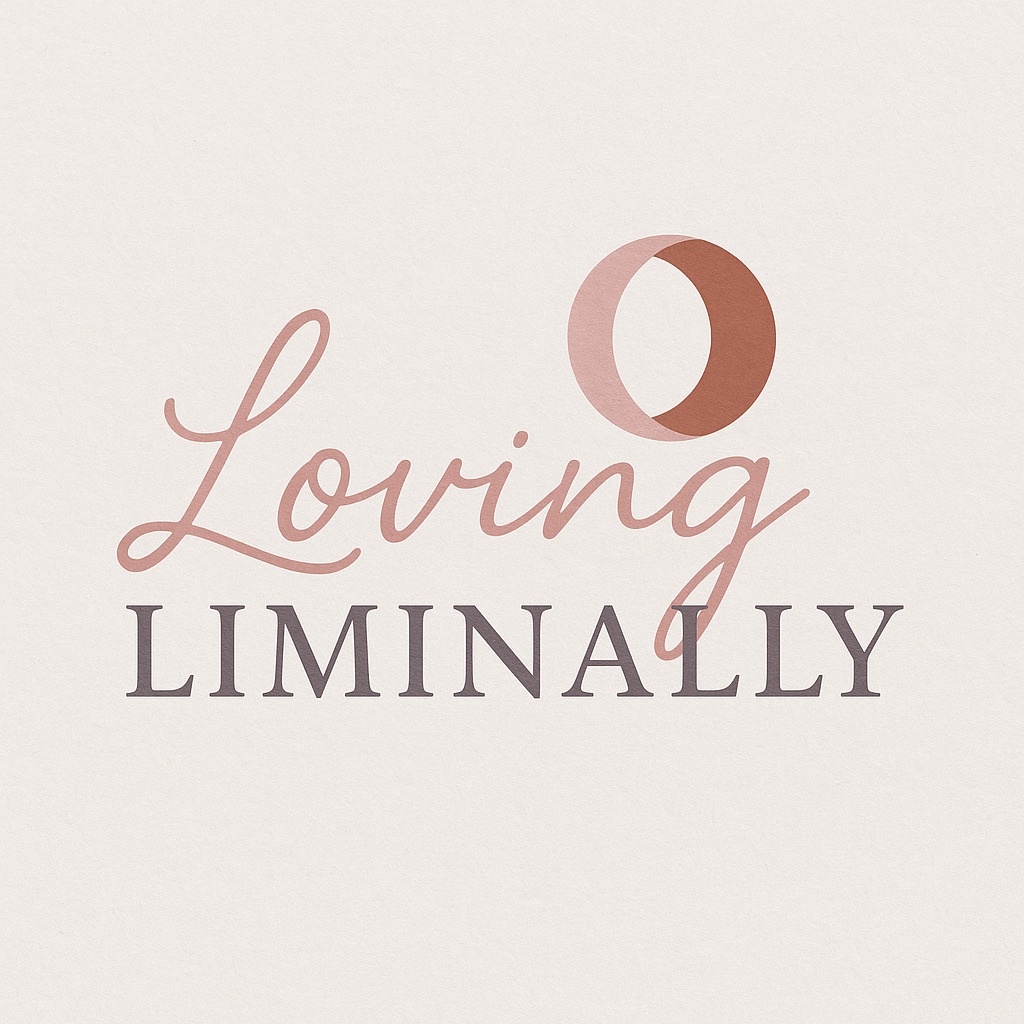
five year plan?
Do you remember being 18, laughing with your friends as you talked about the lives you’d be living at 25? Dream jobs, side-by-side houses, a golden retriever called Olive, and of course — you’d have it all figured out. Yeah, me too.
What I’ve realised — and what I think might be the hardest part of this strange transition into “real adulthood” — is that those dreams don’t always arrive on schedule. You can’t five-year-plan your way into the perfect flat, fulfilling career, or emotionally stable Labrador. And maybe… that’s okay.
One of the greatest, most overlooked privileges of your twenties is the freedom to get it wrong — and the space to figure out who you really are, like it’s a full-time job. The more we rush to become someone, the less time we leave to actually discover ourselves. That opportunity can slowly disappear under the weight of mortgages, long-term contracts, and Sunday roasts with in-laws — often without us even noticing.

Here’s the thing no one really tells you when you’re staring down your early twenties: life doesn’t move in a straight line. You might land a “dream job” straight out of uni and realise six months in that you actually hate it. Or maybe you thought you’d be in a long-term relationship forever—until you’re not. Passions shift. People move. Plans fall apart and rebuild themselves in ways you never saw coming.
The truth is, a lot happens in your twenties that you can’t predict: a mental health wobble that teaches you boundaries, a solo trip that changes your worldview, a random project that sparks a career pivot. None of it fits neatly into a 5-year spreadsheet.
But that’s not failure—it’s growth. Flexibility is resilience. Being able to let go of what was supposed to happen and lean into what is happening builds a different kind of strength. One that makes space for change, and ultimately, for something better.

There’s a quiet kind of danger in sticking too rigidly to a plan that no longer fits who you are. Maybe you once dreamed of being a lawyer, but halfway through your training you realise you dread every Monday. Or you’re in a relationship that’s comfortable, but deep down, you know you’ve both outgrown it. Still, you stay—because it was part of the plan.
This is where the sunk cost fallacy kicks in: the idea that because you’ve already invested time, energy, or money into something, you have to keep going—even if it’s no longer right for you. But sticking to a plan just because it’s familiar can quietly drain your energy and limit your growth.
Worse, it can make you blind to better opportunities. You might turn down a last-minute trip, a freelance project, or a job in a completely different field because it doesn’t “fit” with where you thought you were headed. But those unexpected things? They’re often where the magic happens.
Changing course doesn’t mean you’ve failed—it means you’re paying attention. Who you are at 21 might be very different to who you’ll be at 26. And that’s exactly how it should be.
We romanticise sticking to the path, but there’s so much power in walking away from it.
We romanticise sticking to the path — but there’s so much power in walking away from it.
The freedom to grow and change like the wind is one of the most beautiful, natural parts of being human. To shift and slip like sand beneath your feet, to reshape yourself into someone newer, softer, happier — that’s a gift we often overlook.
Sticking rigidly to the path you chose at twenty, just to become the person you thought you wanted to be by twenty-five? That feels stifling. Because let’s be real — that’s a whole fifth of your life. And if we agree that the leap from age 10 to 15, or 15 to 20, involved huge transformation, then why do we expect the jump from 20 to 25 to follow a neat, predictable line?
The Alternative
How about, instead of obsessing over a rigid 5-year roadmap, try this: build a vision, not a plan. A vision is more fluid—it’s not a job title or a relationship status. It’s how you want your life to feel. Maybe it’s freedom, creativity, connection, or balance. Let that guide your decisions, not some checklist you made in a different season of your life.
Set shorter, more adaptable goals—six months to a year. These can shift as you grow, and that’s the point. Maybe your goal this year is to build confidence through public speaking, or to explore a side hustle that actually excites you.
Stay open. Take the class you’re curious about, travel when you can, try the weird internship. Learn by doing, not by plotting. The best parts of your 20s won’t come from following a plan—they’ll come from letting go of one.
Your vision can grow as you do. And that’s where the real momentum starts.
Final Thoughts
I couldn’t be prouder to sit here writing this piece, whilst not having a trace of a five year plan; hell, I can’t even pretend to have a 12 month plan, and I am spilling over with excitement to meet that future version of myself. When else will we have the world at our feet, ready to be explored and conquered and LIVED in?
What would you wake up and do tomorrow, if you didn’t have a five-year plan? Maybe you’d book that flight, or sign up for that course you’ve been quietly stalking for months. Maybe you’d start that blog (lol), reach out to someone you admire, or simply give yourself permission to slow down. Maybe tomorrow wouldn’t look wildly different — but it might feel different. Lighter. Freer. More like you.
The truth is, we romanticise the 5-year plan because it gives us a sense of control in a chaotic world. But control isn’t the same as clarity — and sometimes, clarity comes from doing the very things that weren’t in the plan at all.
So rip it up. Start fresh. Or better yet, don’t write one at all. Trust that you’ll meet the right people, find the right moments, and stumble your way into something better than you ever could’ve mapped out.
You don’t need a five-year plan to build a life you love — just the courage to take the first step without knowing exactly where it’s leading.

2 responses to “Is a five-year plan a good idea for you?”
So wonderfully written – will be thinking of these words when I progress into my 20s!
Thank you, I hope it helps!